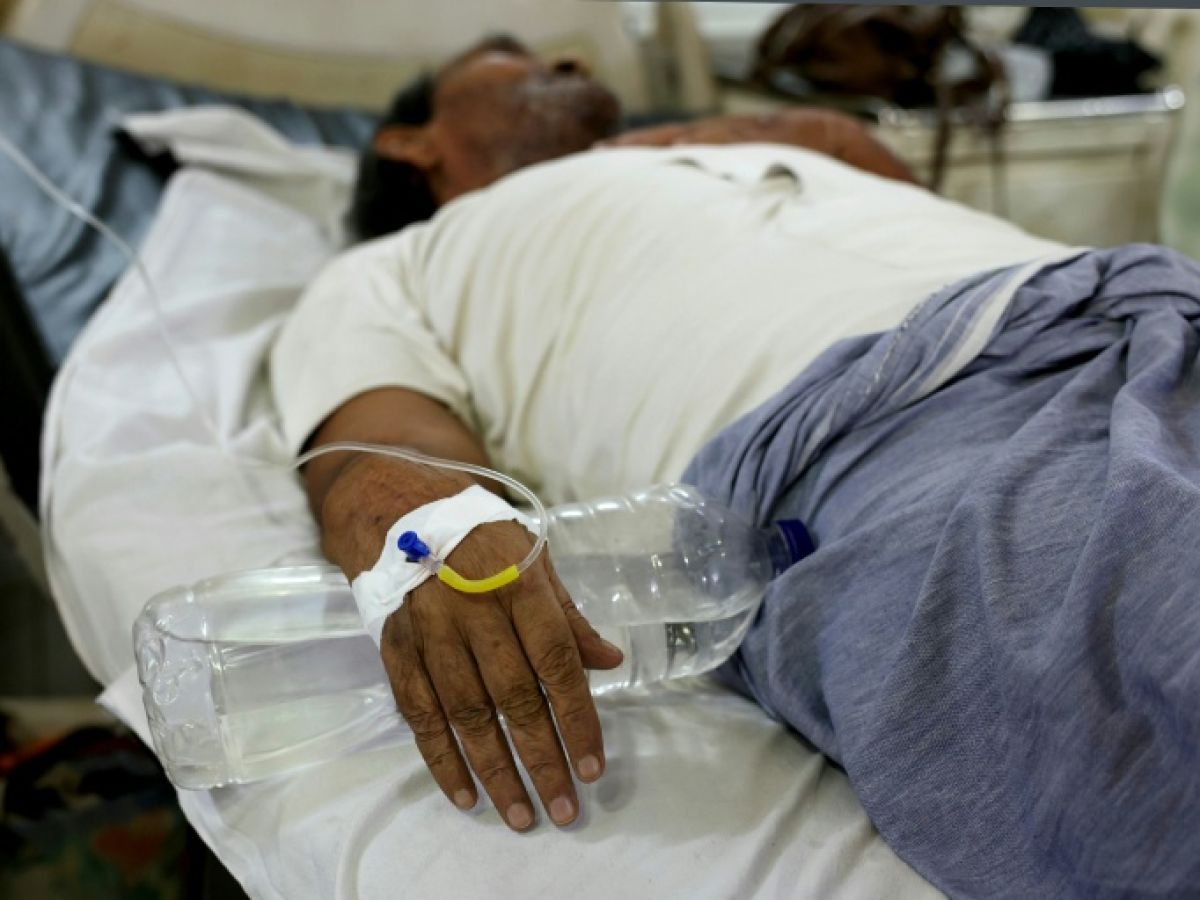The new final document was submitted by a special advisory group of 29 organisations, including lobby groups, NGOs and other organisations. Strategic Dialogue on the Future of EU AgricultureA few months have passed since the initial deadline of 2023.
Stakeholders in the report reached consensus that EU animal welfare legislation should be revised by 2026. They also advised the EU food and farming industry on how it could “empower consumers” to make more sustainable choices and improve welfare.
It was made very clear that public funding would be needed to transform the sector into a more sustainable and higher quality agri-food system. It was also recommended to reform the Common Agricultural Policy and to create a Just Transition Fund, outside the CAP.
Scientists have confirmed the harmful effects of industrial agriculture on animal welfare and sustainability.
EU-wide welfare labelling
The report also included recommendations for an action plan to help grow the sector. The report urged that regulatory processes be accelerated for products and services that are innovative but also sustainable. This would allow for the approval of alternative and innovative proteins, which are needed to reduce animal populations.
The report also calls for a uniform EU animal welfare labelling system for meat, dairy and other products sourced from the EU or processed within the EU.
In line with World Trade Organisation regulations, this would include requiring import requirements. The report said any consumption of animal protein from products imported into the EU would not support unethical and environmentally harmful practices.
Reineke Hammereers, CEO of Eurogroup for Animals, said: “We are pleased to see that there is a general consensus on the importance of animal protection.” However, we must stress that because of the existence of these crises, we need to translate the recommendations into concrete actions and deadlines.
This is a democratic duty towards millions of people who continue to demand better European animal welfare laws.
Olga Kikou, director of advocacy for the European Institute for Animal Law and Policy, criticized the report as a classic delaying tactic.
EU's delays on animal welfare
Kikou is the organizer of the “End the Cage Age European Citizens” initiative.
Kikou said the report was primarily political and aimed, among other things, at delaying the publication of proposed laws to reform EU agriculture and appeasing farmers ahead of elections.
We now have a document that calls for further delays in animal welfare and unnecessary impact studies. Kikou argued that even if the industry had agreed in principle to the reform, it could easily backtrack and try to lobby against any progress.
A Commission spokesperson responded to the criticism by saying: "The Commission has been committed to improving animal welfare for over forty years. It has improved the lives of animals and adopted welfare standards that are among the highest in the world. The Commission will continue to place animal welfare at the top of its priorities.
The Commission referred to its animal welfare proposals from last year in which it repeatedly stated its commitment to high levels of animal welfare.
This is the biggest reform of the EU Animal transport and animal welfareFor 20 years. We also ensure that our proposals are based on sound scientific advice provided by EFSA,” the spokesperson said.
